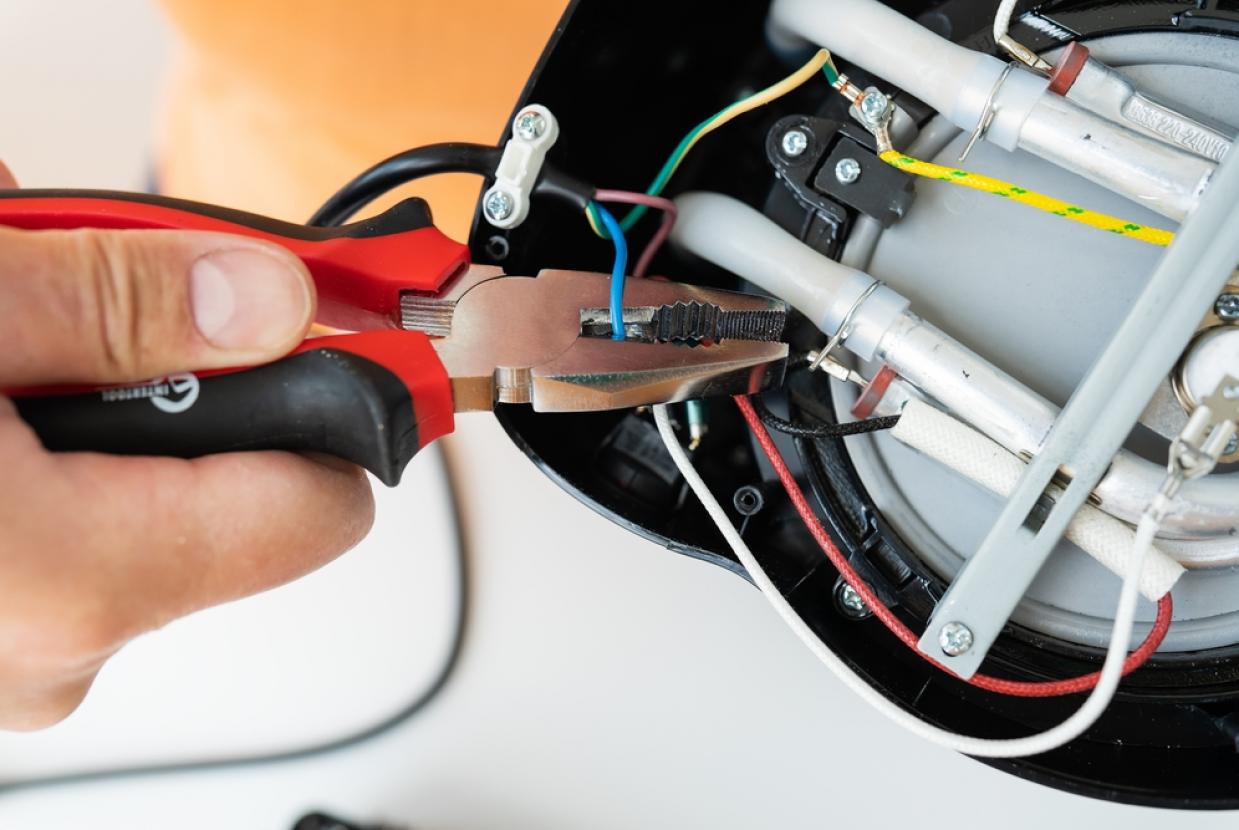World Ovarian Cancer Day: Signs & Symptoms
CancerThe ovaries are 2 small, oval-shaped organs in the pelvis (lower area between the hips). They are on either side of the womb (uterus), close to the fallopian tubes. These link the ovaries to the womb. A layer of tissue called the peritoneum supports the ovaries.
About 7,400 women are diagnosed with cancer of the ovary (ovarian cancer) each year in the UK.
The surface of the ovaries, fallopian tubes and peritoneum are very close together. Doctors think most ovarian cancers start in the cells at the end of the fallopian tube and travel to the ovaries or the peritoneum.
Cancers of the ovary, fallopian tube and of the peritoneum are often grouped together because they are so similar. They are treated in the same way.
About signs and symptoms of cancer of the ovary, fallopian tube or peritoneum
Ovarian cancer, fallopian tube cancer and primary peritoneal cancer usually causes symptoms that are similar to common non-cancerous conditions. This can make it difficult to diagnose early.
If you have any of these symptoms or get these symptoms regularly, your GP should offer you cancer tests:
- a long-lasting bloated or swollen stomach (tummy)
- feeling full quickly when you eat
- loss of appetite
- pain in the lower tummy area
- back pain
- peeing (passing urine) more often than usual
- needing to pee urgently (feeling like you cannot hold on).
Other symptoms
Other symptoms of ovarian cancer, fallopian tube cancer and primary peritoneal cancer may include:
- a change in your normal bowel function (diarrhoea or constipation)
- weight loss for no obvious reason
- unexplained or extreme tiredness (fatigue)
- vaginal bleeding after the menopause.
Symptoms are changes in how you feel or how your body works. A change does not usually mean you have cancer, but it could be something that needs treatment.
It is a good idea to get any symptoms that are ongoing, unexplained or unusual for you checked by your GP. If it is cancer, the earlier it is found, the more likely it is to be cured.



































































